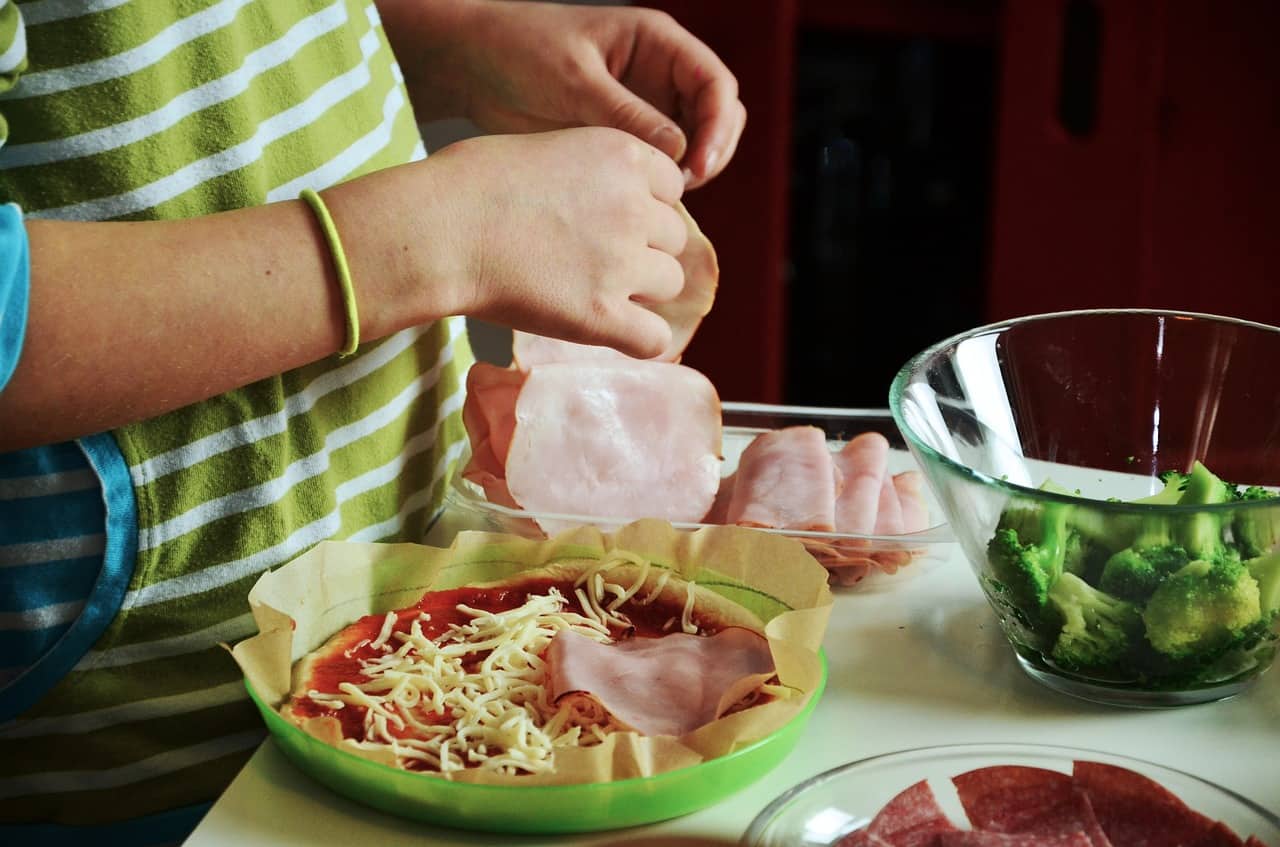Keeping An Eye On How Your Loved One Handles Food Can Lead to Improved Food Safety and Less Risk of a Foodborne Illness
Good food safety practices are essential in maintaining optimal health. For a variety of reasons, your senior loved one might have become careless in the kitchen. Pegasus home healthcare professionals in Valencia and elsewhere can help you evaluate their risk of foodborne illness.
Foodborne illness, also known as food poisoning, is an illness caused by eating contaminated food. The consequences range from mild to severe. Common symptoms include:
- Abdominal cramps
- Diarrhea
- Fever
- Queasiness
- Vomiting
The symptoms can lead to dehydration and weakness if not treated.
Food contamination can occur at any time from harvest to consumption. It’s caused by bacteria, viruses, or parasites. Contamination in the home is often bacterial and caused by how the food is stored or handled.
Most individuals believe that they follow food safety practices. Observing your senior in the kitchen may be necessary to evaluate whether their perceptions match reality. Food awareness and safety include:
- Storage – do they refrigerate fresh produce or raw foods immediately? Are non-perishable items kept in unopened packages or closed containers? Do the cupboards contain foods that are way past the expiration date?
- Cleanliness – do they wash their hands in warm soapy water before handling food? Do they use hot water and dish detergent to clean utensils, cutting boards, or other surfaces?
- Cross-contamination – do they keep raw meat, chicken, and fish away from other food? Do they immediately clean any surface with which raw food comes into contact?
- Preparation – do they thoroughly cook foods to safe temperatures? Do they thaw frozen foods at room temperature rather than in the refrigerator? If they use a microwave for thawing, do they finish cooking it immediately?
- Unsafe food – do they throw out food that might be unsafe to eat because it might not have been stored or prepared correctly? Or do they do a taste test first to see if it might still be good? Do they leave prepared meals sitting at room temperature for a lengthy time?
They might not be immediately eating hot food that is delivered or promptly refrigerating uneaten leftovers. Hot food should be discarded if left out for more than one hour. Cold food should be discarded if left out for more than two hours.
Food Safety Includes Awareness of Changing Nutritional Needs
Nutritional needs change as individuals age. Many seniors are less active and therefore need fewer calories. Weight gain or loss can be a problem if eating habits aren’t changed.
Your senior may be eating very little, partly to manage their weight. Decreased appetite is frequently part of aging. Others develop food sensitivities they didn’t have when they were younger.
Some individuals have never learned how to prepare meals. Others can’t read labels and instructions well enough to store or cook food safely. Some are depressed and don’t care what they eat.
Any of these factors can lead to careless food safety practices. That can lead to poor nutrition and food poisoning.
Lack of good nutrition can leave individuals weakened. That compromises their overall health. It also leaves them less able to fight off food poisoning if they eat contaminated food.
Aging Bodies Are at Greater Risk For Foodborne Illnesses
Changes in your senior loved one’s body increase the risk and seriousness of foodborne illnesses. Changes include:
- Slower digestive processes, which leads to food remaining longer in the gastrointestinal tract. The longer the food remains, the more opportunity for bacteria to grow.
- Decreased ability of the liver and kidneys to eliminate toxins
- Reduced production of stomach acid. The acidity helps to keep bacterial growth under control.
- Decreases in the senses of taste and smell that keep individuals from recognizing when food has gone bad
Chronic illnesses also reduce a person’s ability to resist food poisoning.
Pegasus services include assistance from dietitians that can plan nutritious food choices that meet any restrictions. We also have aides that can help with food shopping and preparation when needed. Our home healthcare experts are very aware of food safety practices.
An Undiagnosed Food Allergy Threatens Senior Health
While safety is a big part of food awareness, allergies also contribute to poor nutrition. As with foodborne illnesses, allergies become a greater threat as individuals age. Allergic reactions can be ambiguous and mistaken for other causes, such as:
- Digestive issues
- Flu or other viruses
- Not getting enough sleep
- Something in the air
The symptoms are often dismissed as “just old age.”
Your loved one may have already made a connection between consuming certain foods and not feeling well later. They may have then arbitrarily eliminated that item from their diet. Without an appropriate substitute, they may not be getting adequate nutrition.
Pinning down the source of a food allergy can require detective work that is often laborious. Your loved one may need help with keeping a food diary. What’s most important is ensuring they are eating a balanced diet.
Whatever the level of assistance required, Pegasus home health care specialists in Valencia and our other locations are here for you. We have the expertise to evaluate food safety practices and food allergies. Food awareness is one of the ways we keep your loved one living safely at home.

